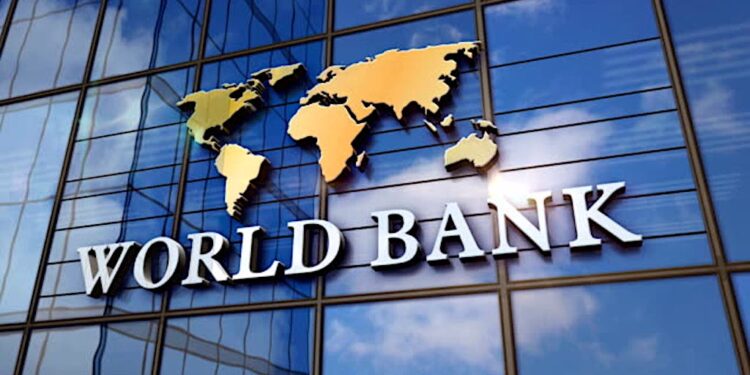The World Financial institution has made the choice to droop funding for humanitarian and growth tasks within the Democratic Republic of Congo (DR Congo), valued at over $1 billion. The suspension is available in response to the sudden dissolution of the challenge fund by the Congolese authorities, catching the lender off guard. The transfer could have a big impression on greater than 600,000 beneficiaries, together with victims of sexual violence, in line with a letter despatched by the World Financial institution to Congo’s finance minister.
The letter, dated Could 12 and seen by Reuters, additionally highlighted that the World Financial institution remains to be awaiting documentation on the standing of $91 million that had already been superior for the tasks out of the whole $1.04 billion. On Could 4, President Felix Tshisekedi dissolved the prevailing construction, often called the “Social Fund of the Democratic Republic of Congo,” by means of a presidential order and established a brand new public fund. President Tshisekedi cited the evolution of the authorized framework governing public establishments as the explanation behind this variation.
Albert Zeufack, the World Financial institution’s director of operations for DR Congo, expressed the establishment’s disappointment in studying in regards to the choice by means of the press. Zeufack emphasised the necessity for the federal government and the World Financial institution to agree on transitional measures earlier than challenge funds might be dedicated once more. These measures are important to make sure that the funds are used for his or her meant functions.
In response to the suspension, a spokesperson for Congo’s finance ministry acknowledged that they had been awaiting authorization from the presidency earlier than offering additional feedback. In the meantime, the presidential spokesperson, Tina Salama, denied any suspension of funding and claimed that transitional administration of the fund was being organized. Salama didn’t tackle inquiries relating to the $91 million in query.
The abrupt choice to change the financing construction has raised questions on governance points in DR Congo. Valery Madianga, the director of a Congolese group specializing in public finance auditing, criticized the dearth of transparency and communication. He questioned how a public service, having signed a $1 billion program contract with the World Financial institution, might dissolve or change its social function with out the lender’s data.
In mild of those developments, 4 of Congo’s most important opposition politicians have written to the Worldwide Financial Fund, the World Financial institution, and the African Growth Financial institution, requesting an audit of their funds in DR Congo attributable to suspicions of misuse.









